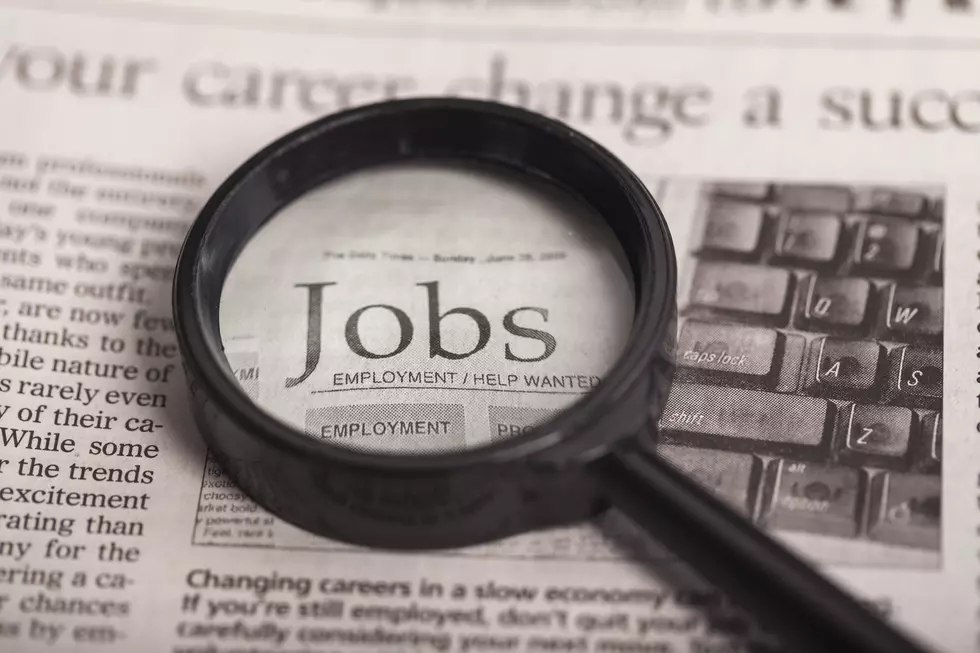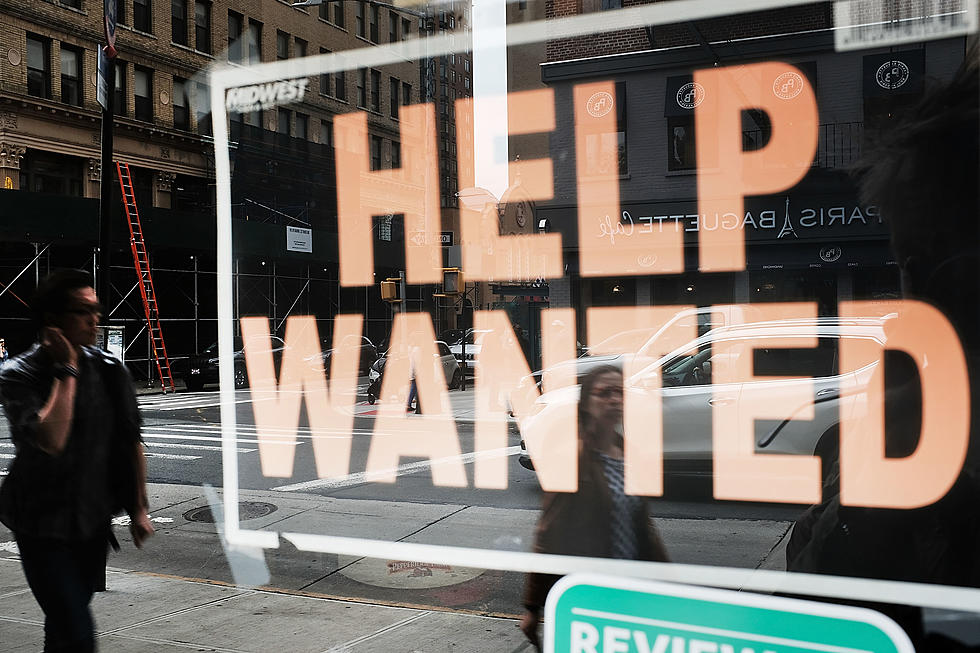
US Hiring Picks Up in July
Employers added 163,000 jobs in July after three months of sluggish hiring, a pleasant surprise that could signal the U.S. economy may be resilient enough to shake off a midyear slump.
The economy has added an average of 151,000 jobs a month this year, although that's not been enough to drive down the unemployment rate, which ticked up to 8.3 percent from 8.2 percent in June.
The Labor Department's July employment report did little to settle the political debate about the economy, with Obama administration officials and Gov. Mitt Romney seizing on the latest data to bolster their campaigns with less than four months to go until Election Day.
Before Friday's report, economists were increasingly worried that a slowdown in hiring and growth from April through June could get worse and develop into something more long-lasting. Now they are breathing a little easier.
"After a string of disappointing economic reports ... we'll certainly take it," said James Marple, senior economist at TD Economics.
Stocks rose sharply in midday trading. The Dow Jones industrial average added 247 points to 13,126, while the broader Standard & Poor's 500 index rose 28 points to 1,393.
The government uses two surveys to measure employment trends. Hiring is measured through a survey of businesses. The unemployment rate comes from a survey of households and is calculated by dividing the number of people who say they are unemployed by the size of the labor force. In July, more people said they were unemployed, while the size of the labor force shrank.
Economists say the business survey is more reliable. A better outlook on hiring could make the Federal Reserve reluctant to take more action to spur growth. The Fed, which ended a two-day policy meeting Wednesday, signaled in a statement a growing inclination to take further steps if hiring doesn't pick up.
But some economists say the job gains need to be greater for the Fed to hold off.
Paul Ashworth, senior U.S. economist for Capital Economics, said July's job gains were a "vast improvement" over the past four months. Still, they were well below the average 252,000 jobs a month added from December through February.
"It also isn't strong enough to drive the unemployment rate lower, which is what the Fed really wants to see. So, on balance, we doubt this would be enough to persuade the Fed to hold fire in September," Ashworth said.
The monthly report on job creation and unemployment is the most closely watched indicator of the U.S. economy. There are three reports remaining before Election Day, including one on Friday, Nov. 2, four days before Americans vote.
Stronger job creation could help President Barack Obama's re-election hopes. Still, the unemployment rate has been above 8 percent since his first month in office -- the longest stretch on records that date back to 1948. No president since World War II has faced re-election with unemployment over 8 percent.
In remarks at the White House, Obama said the private sector has now added 4.5 million jobs in the past 29 months. But he acknowledged there still are too many people out of work.
"We've got more work to do on their behalf," he said. Romney, the presumptive GOP presidential nominee, focused on the increase in unemployment, as did other Republicans.
"We've now gone 42 consecutive months with the unemployment rate above 8 percent," Romney said in a statement. "Middle-class Americans deserve better, and I believe America can do better."
The economy remains weak more than three years after economists declared the recession had ended in June 2009. Growth slowed to an annual rate of 1.5 percent in the April-June quarter, down from 2 percent in the first quarter and 4.1 percent in the final three months of 2011.
U.S. growth could also be hampered further by a weaker global economy. Europe's financial crisis has pushed much of that region into a recession, while growth in China, India and Brazil has slowed.
Worries have also intensified that the U.S. economy will fall off a "fiscal cliff" at the end of the year. That's when tax increases and deep spending cuts will take effect unless Congress reaches a budget deal. A recession could follow, Fed Chairman Ben Bernanke has warned.
Those concerns provide employers "plenty of reasons for caution," said Nigel Gault, chief U.S. economist at IHS Global Insight. He expects monthly job gains will only be between 100,000 and 150,000 in the second half of this year.
The July job gains were broad-based. Manufacturing added 25,000 jobs, the most since March. Restaurants and bars added 29,000. Temporary help services added 14,100 jobs. Retailers hired 7,000 more workers. Education and health services gained 38,000. Governments cut 9,000 positions.
Average hourly wages also increased by 2 cents to $23.52 an hour. Over the past year wages have increased 1.7 percent -- matching the rate of inflation.
Tania Dougherty, owner of The Little Wine Bus in New York, is looking to hire three or four new tour guides. That's because more companies are booking her daylong winery tours for employee outings.
During the financial crisis companies cut back on bonuses, raises, vacation days and other perks, Dougherty said. But employers are now realizing they need to spend more money on their workers in order to retain them, she said.
"They want to show them a good time," said Dougherty. "People are working longer hours. It's a way to reward employees. They deserve the day out and companies are realizing that."
Meanwhile, Sherry Sheppard, owner of the I Love Cupcakes store
in Largo, Fla., wants to hire a new employee but is holding off until she's sure the economy is getting better. If more people lose jobs, they'll be less likely to spend money on guilty pleasures like cupcakes, Sheppard said.
"Being that it's an election year, it's hard to tell how the economy is doing," Sheppard says. "Maybe after the election we'll get a better picture."
(Copyright 2012 by The Associated Press. All Rights Reserved.)
More From New Jersey 101.5 FM









